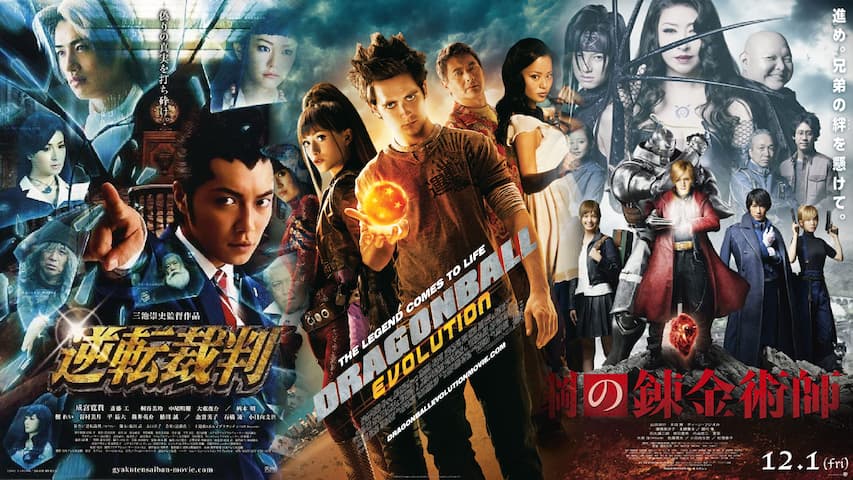The Circle: Always one step away from parody

Ach ja, a bit of a personal anecdote: In the semester of english class covering topics like ideas of the future and utopian/dystopian literature, I had to read a little book called “Never Let Me Go”. I am not saying that this novel is without merit, but it is also the reason why I can still confidently rate Infinite Stratos with at least a 4/10. Including me, there were only three people in my class that actually bothered to finish reading the book with everyone else giving up one after another when we collectively realized the novel is, in fact, not about the philosophical conundrum of being a clone solely existing for the benefit of ones organs, but a subpar teenage soap opera featuring the most obnoxious characters imaginable.
O' how I envied the other classes covering different books. One of these turned out to be “The Circle”, which at least attempted itself at a topic, even if the reaction from friends were mixed to say the least. To my surprise, we actually had to analyze an excerpt from The Circle and put it into some kind of context for our english exam, which was a weird choice, as, mentioned in the paragraph above, we never talked about the book, meaning this would be our first exposure to the story and themes of the novel… and I hated it to the point I inadvertently critiqued it for being, in my 17-year old eyes, plain stupid. Still got full marks though ^^.
The point being, from the bits I knew about The Circle, I could only imagine it being badly written at best and lacking total nuance and kind of missing the point in what it is critiquing at worst. Naturally, when the film adaptation became available for me to watch, I immediately took a shoot at it without much hesitation, so I could either be confirmed in my biases, or be positively surprised that something I thought was bad is not actually as bad. Turns out it is even worse than I thought. To give credit where it might be due, I will only talk about the 2017 film, as there is no chance in hell I will actually sit down and read the original novel, though I doubt my opinion on the novel would be drastically different, as my complaints about the adaptation don’t have much to do with how it works as a film, but with its message and the portrayal of the topic at hands instead.
Starting the film, I immediately had to bend over backwards to pretend that there would be any kind of ambiguity in this story. From the get go, the way The Circle is portrayed fills all the checkboxes of how you would normally frame the bad guy in an animated children’s movie, as well as both vapid and fake. Their headquarter is essentially the Apple HQ scaled up to include all of Silicon Valley, the tour of said headquarter is filled with buzzword extracurricular activities (my favorites include the dog yoga) and we are getting constantly bombarded with how great everything is. The only thing missing would be a friendly Steve Jobs look-alike holding a presentation about a new invention violating numerous basic human principles that would then be celebrated by an almost cultish audience of mindless millennials… needless to say, this is exactly what happened, though I have to say that Tom Hanks is pretty pleasant to listen to.
If you have ever seen any advertisement or corporate presentation, these are exactly the red flags you are supposed to catch and question. No genuine entity is framed like this. And yet, the film has the audacity to assume, for more than a second, that there might be any depth behind it, because there is none… and for what the film is concerned, this is kind of the point.
The film presents an idea, plays it out the way it sees fit and the audience is allowed to take it however they want. This might sound like a nice idea on paper, making the viewer engage with the themes “on their own accords”, but it essentially comes down to the viewer’s bias making final judgement, since the story relegates all the actually interesting question of “why” and “how” to the audience, resulting in the film itself having no ground to position itself, except that The Circle presents its events in such a negative light that no one in their right mind would agree with what is happening. In conclusion, the experience of watching the film is seeing a bad thing happen and agreeing that it is bad, but beyond this simple act of not having to have your own thoughts, there is nothing of substance behind it.
Take the scene a few weeks into the walking plot device of a protagonist named Mae working for The Circle. Two of her colleagues confront her about the absence of her socials and proceed to berate and gaslight her into essentially becoming one of those persons sharing every little moment of their life on Twitter, despite initial hesitancy of herself. How does that change her? Who knows? For what it is worth, she holds her phone a few times and takes pictures. This point is supposed to lead into her posting the work of a childhood friend, who in return was, what I can only assume a boomer’s definition of being canceled is, and received death threats.
So, what do we make of this? Well, nothing, really. Her being socially manipulated into becoming clinically online and her friend being harassed are clearly bad things, but there is no real connection between those two events. Sure, Mae not posting his work would have prevented him receiving death threats, but what part of her behavior is supposed to be criticized here? The fact she posted anything? Mae somehow imposing on his privacy? Or is it maybe the fact that The Circle already assumes an equally clinically online and self-righteous mob ready to get at her friend’s throat?
The Circle is filled with such points, framing something as bad by sheer audacity, but never committing as to what actually is bad about it, why it is bad or commenting on it with any kind of nuance beyond dismissing it entirely. Mae receiving a fluid that tracks all her bodily functions without her consent? The Circle specifically being able to cure her father’s multiple sclerosis. Every employee being surveiled constantly without their knowledge? It also doesn’t help that Mae, after some hesitation, kind of goes along with everything, or better said, even goes beyond with anything planned by The Circle.
This phenomena gets especially egregious with the introduction of “SeeChange”, small camouflaged cameras being able to stream high-quality videos and capable of bio-recognition and identification of people. What could possibly go wrong with a private company having access to such data. Nothing, of course, as it is pitched in good faith (Don’t questions whose good faith) and immediately shipped world-wide. We later see SeeChange actually doing good by rescuing Mae after she went kayaking at night, as sort of proof for the effectiveness of the surveillance.
This eventually leads into Mae becoming kind of unhinged with the idea behind The Circle. Beforehand, we were introduced to the concept of going “fully transparent” by a congresswoman that would share everything going on behind closed doors and make everything, from documents to mails, fully public. Mae then takes it a step further and, after spurting some 1984 rhetoric about how your own experiences are basically theft from anyone else, becomes fully transparent herself and now streams her entire life for the world to see, quickly gaining a huge following. Please insert a joke about life-streaming and e-girls here.
So, how does becoming fully transparent affect Mae? Honestly, not much. She became a celebrity and is constantly surrounded by employees and a live chat, but it is not like this blank slate of a character could have anything to hide, though in the novel, if I can trust the Wikipedia article, she did change her eating habits to appear a bit more food-conscious… at least it is something. On the other hand, her friend at the company literally avoids her and they only speak in the few breaks allowed to Mae. Meanwhile, her parents distanced themselves from her, as they couldn’t handle the pressure of being constantly watched. These two instances are the closest the film comes to somehow portraying negative consequences with any sense of effect, or at least as an action followed by a reaction, but even here, any nuance is lost. We get that it is bad, but the film doesn’t lift a finger to go on why.
Before we reach peak genius, I want to discuss a scene that feels the most grounded and realistic, as I can see how this could unironically be talked about in the future. Due to how much of a circus the USA is, The Circle proposes the idea to automatically register anyone with a TrueYou account to vote, thusly increasing voter turnout. This proposal eventually escalates into how voting should be basically done exclusively through their service with every citizen both being fully registered in TrueYou, social security number et al, and also forced to vote to achieve 100% democracy. Again, I could throw the same criticisms at its head, like how electronic voting is not the solution to bad turnouts, or how giving a corporation completely control over elections is plain stupid, as every other idea in this film, but I liked the little comment about how all these measures could only be put in place by The Circle, as the government is simply lacking the knowledge and infrastructure and is thus dependent on big tech corporations.
Anyway, let’s get into the somehow both best and worst part of the film. The Circle introduces “SoulSearch”, which uses its wide network of users to find other people. They first use it to locate a criminal and enthused by its effectiveness, they continue with a “normal” person. The audience chooses Mae’s friend Mercer… you know, the one receiving death threats and who went into hiding in the mean time. After some random people find and continue to harass him, he tries to flee in his car, only for him to eventually drive of a bridge after being chased by more strangers and dies in the process.
Subtle, I know, but what really kills it is the entire aftermath. Mae regains some of her humanity and grieves for a few days, before returning to The Circle and starts streaming her life again. Reading the comments is an absolute treat, like this one guy quitting social media for four days in honor of Mercer’s death or how one commenter lamented that this accident couldn’t have been prevented… like, everyone is just glossing over The Circle being allowed to conduct a public manhunt with its users happily ready to lynch someone. The outcome of this was not an accident, but the entire point.
Anyway, the film ends with Mae making the two CEO’s of The Circle go full transparent, thus exposing all the shady stuff they did in the background, Tom Hanks says: “Oh, we are so fucked!”, everyone cheers and in the last shoot, we see Mae kayaking surrounded by two drones. What was once her way of being alone (solid metaphor btw) is now streamed world-wide to everyone. The end.
It feels incredibly weird criticizing the film, because I fundamentally agree with everything I assume it intends to say. However, I do not agree, because it raises some interesting and valid points, but I agree with the film in the same way I agree about getting rid of the orphan-crushing machine™. Almost down to the most minute detail, The Circle couldn’t possibly be any more black and white in its attitude. The film stuffs everything down my throat and all I need is to swallow. Unless you are into it, this may not be the best experience for something that should really make you think.
It took me some time to realize that this is not a straight up parody. There is an ironic phenomena about critical media being indistinguishable from what they are trying to critique and The Circle sometimes blurs these line pretty hard. Is it a critique of the ever-growing influence of social media in our daily lives and the dangers of technological singularity or does it make fun of the former by being so on the nose you can barely take it serious?
With how little The Circle actually attempts to say anything of value, this distinction is essentially meaningless. In-universe, The Circle, as in the company running the whole thing, already is a micro-state with its own populace of cultish employees and an outside world only waiting to be integrated. There is no struggle, no conflict and no resistance. We all become Circlers. Privacy was just a phase, after all. This is fine, unless you think otherwise… don’t really need a whole story for this, eh? There is a difference between not being subtle and not being at all.
Like the beginning of this post, allow me to end it with some kind of anecdote: In the anime series Psycho Pass, the officers are equipped with a weapon called the Dominator. If the Sibyl System identifies a target with a high enough crime coefficient, the Dominator changes from a non-lethal paralyzer into a lethal one, turning the target into an exploding tomato. From all the questions you may have from this short description, watching The Circle is like only being told that microwaving a human sounds a bit messy. Nothing more.
The Circle is available on Netflix.
Related Posts
Comments
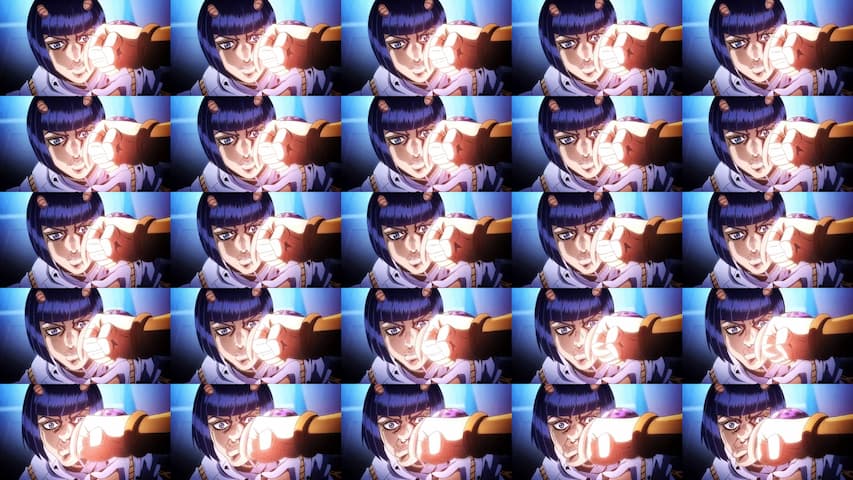


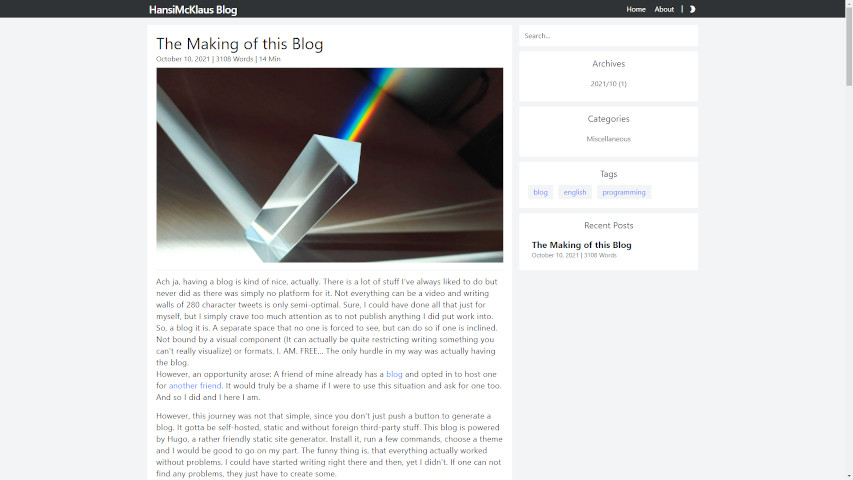




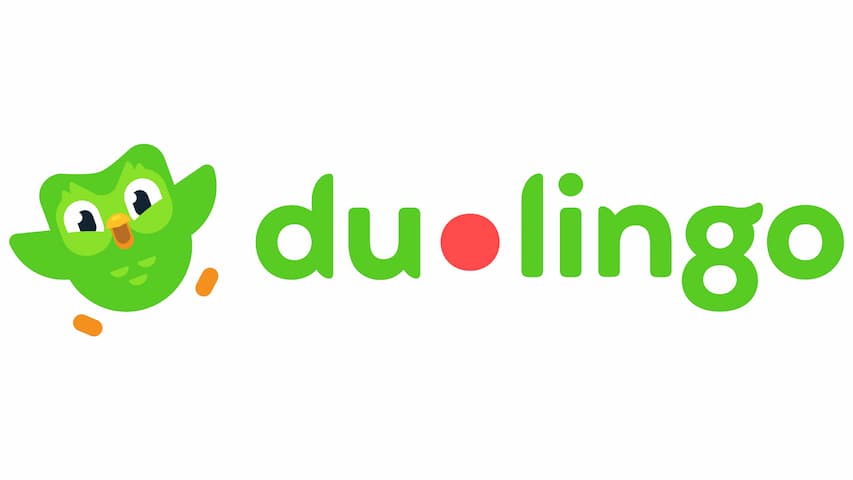
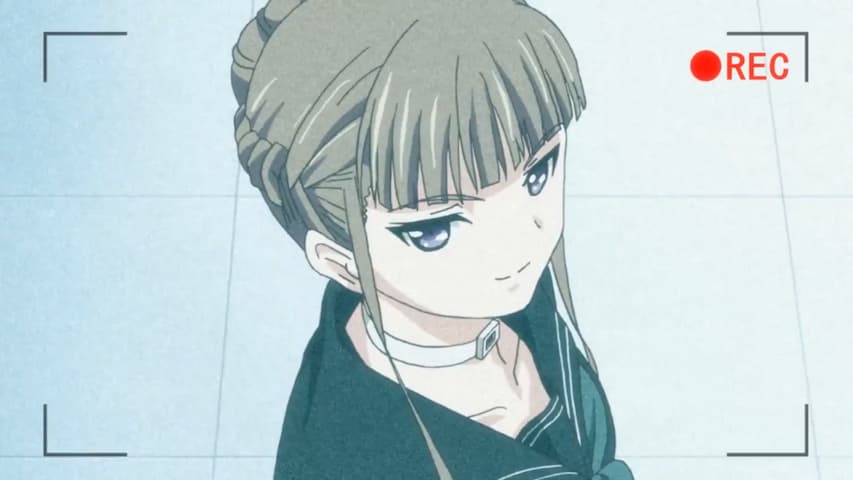
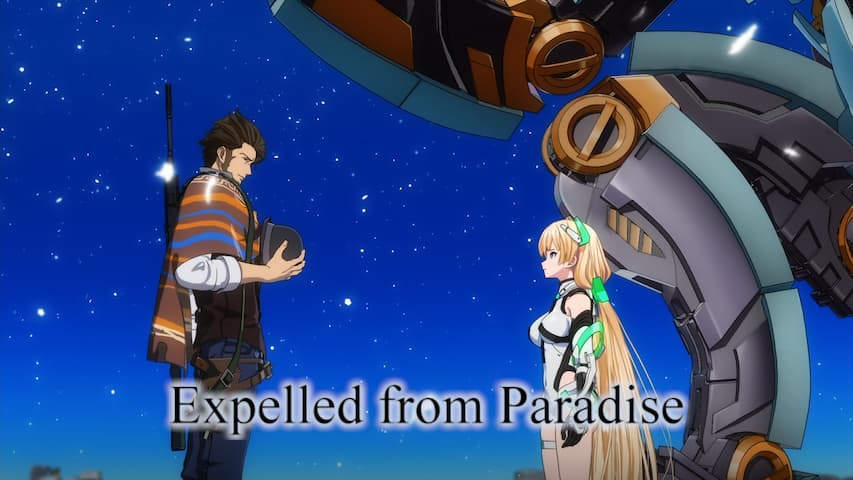
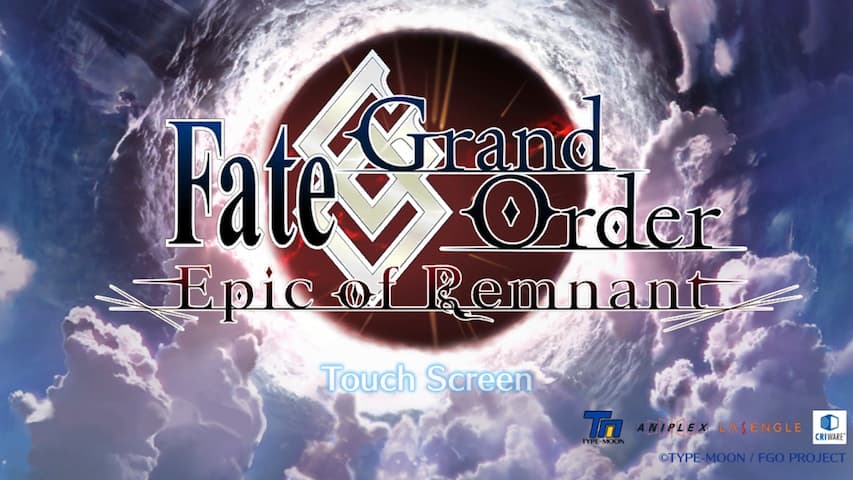

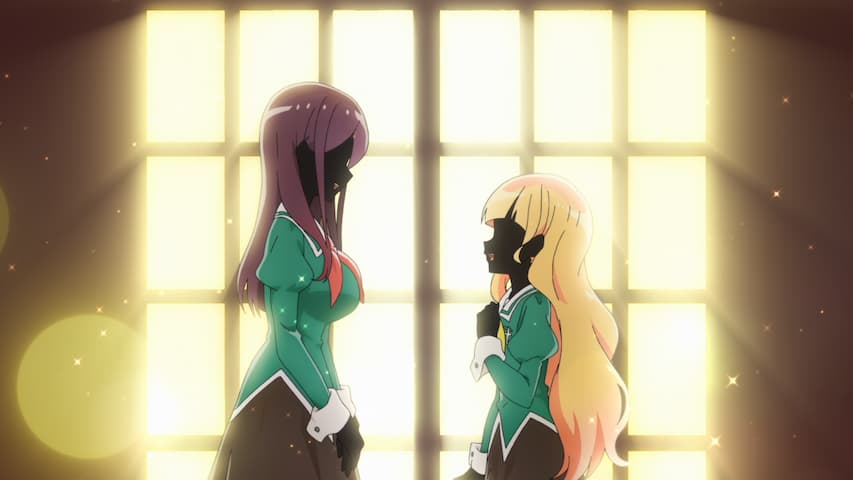
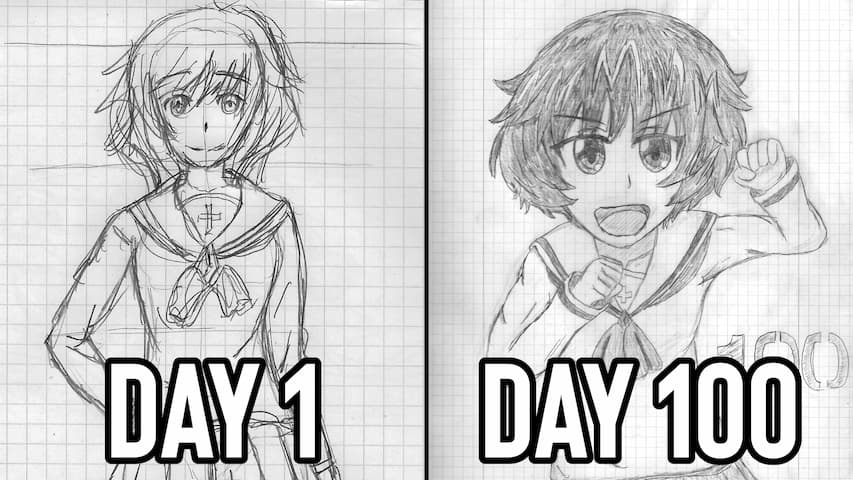



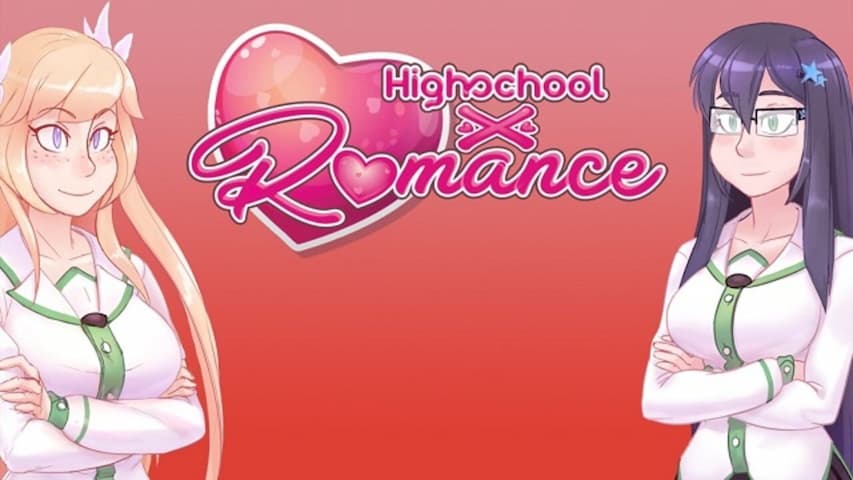
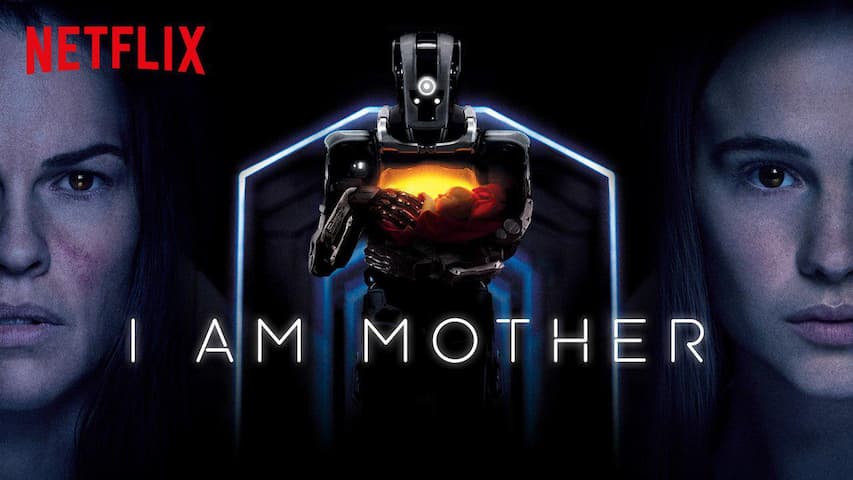
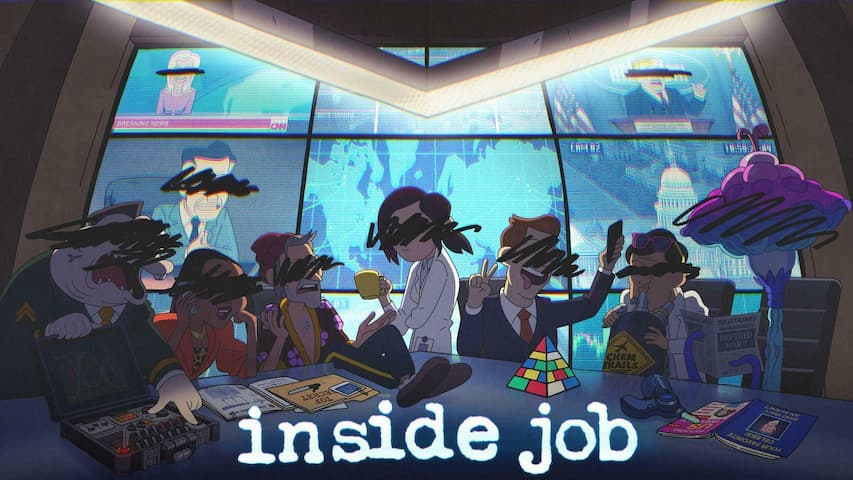




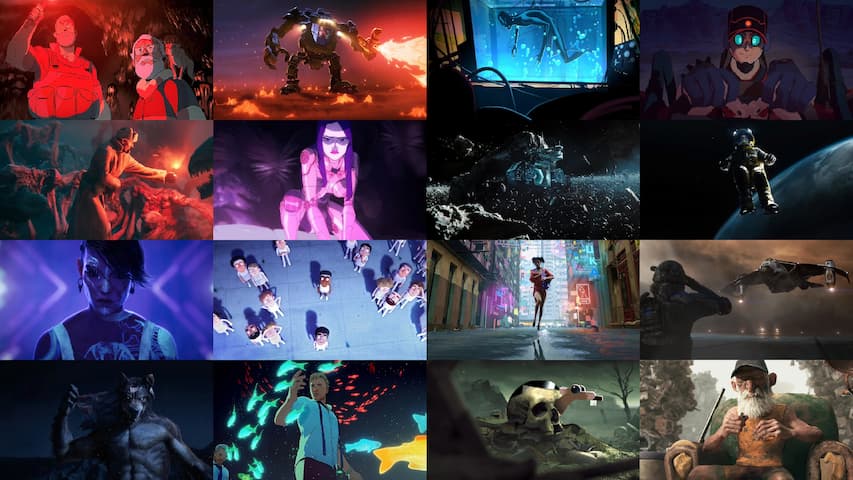
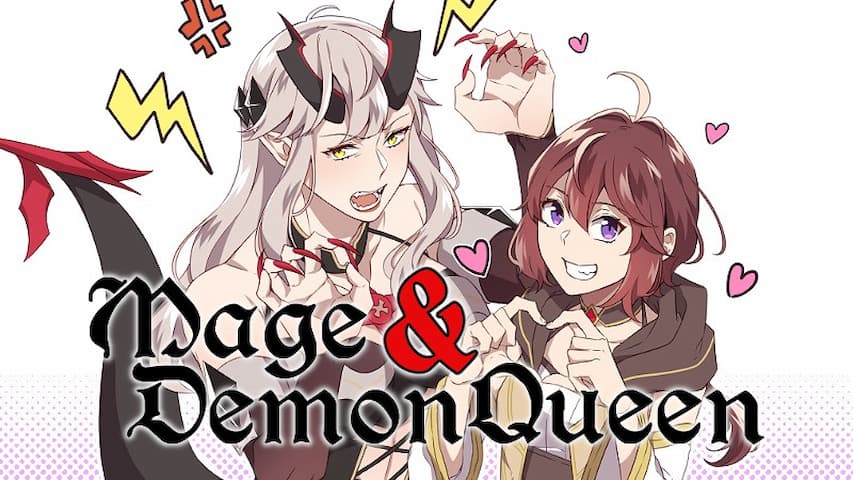



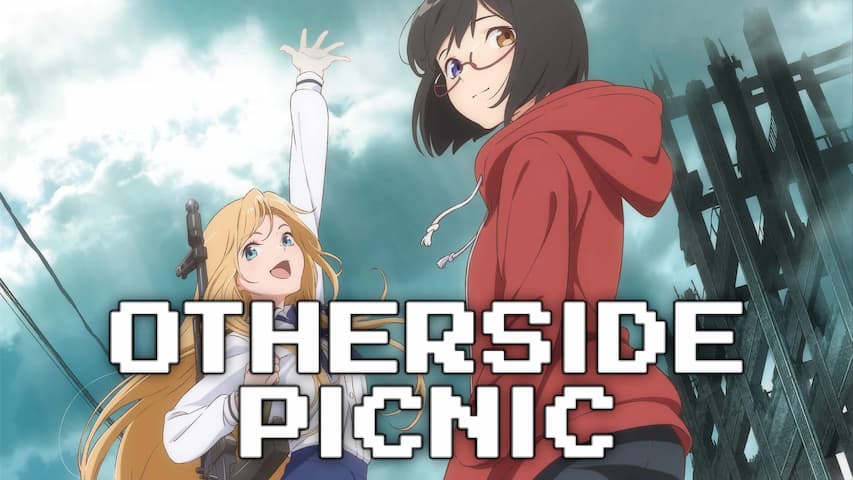

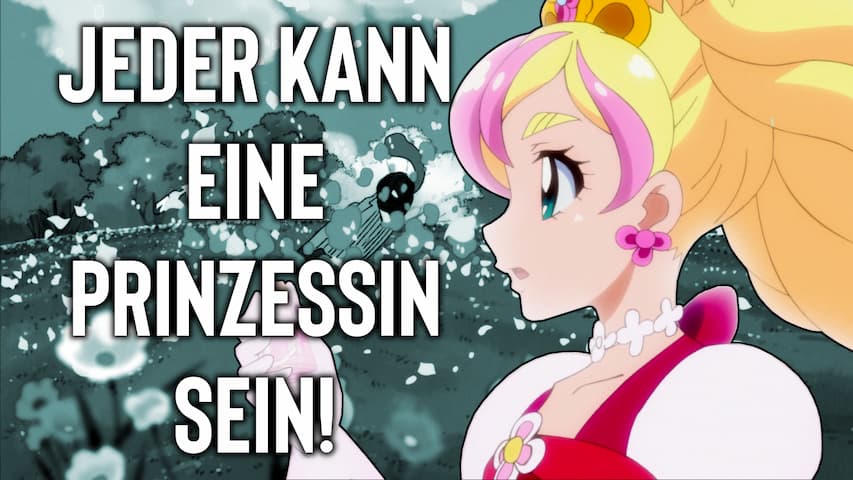


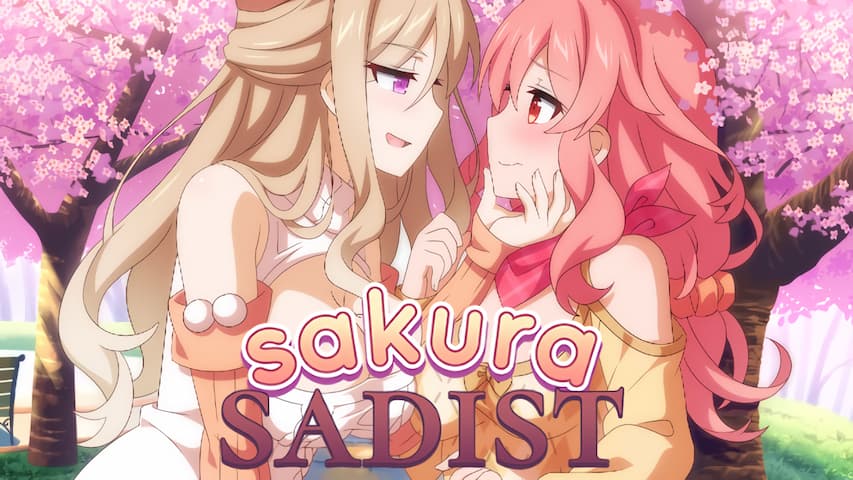




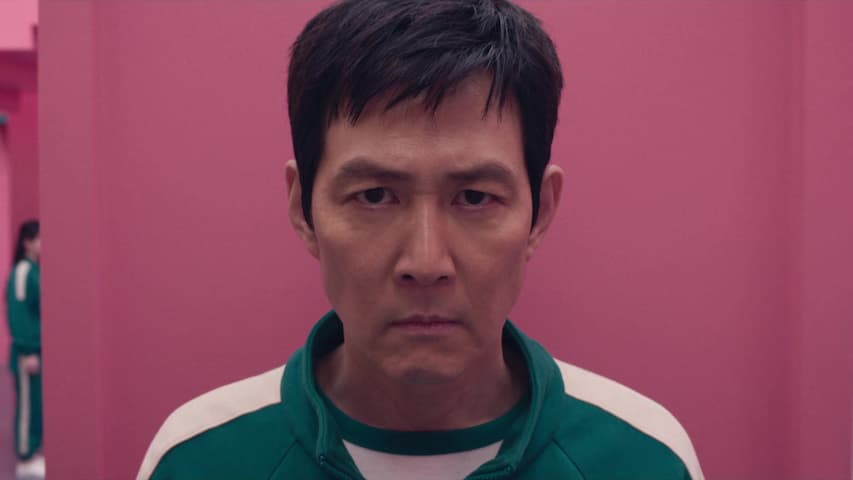


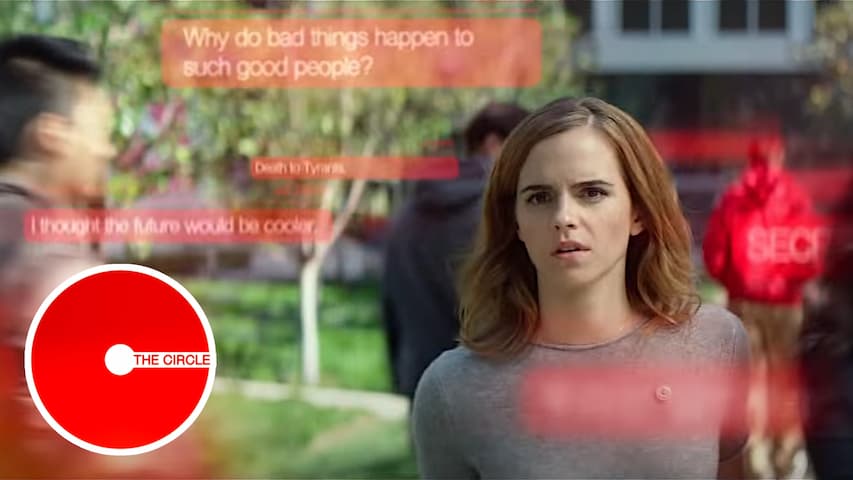
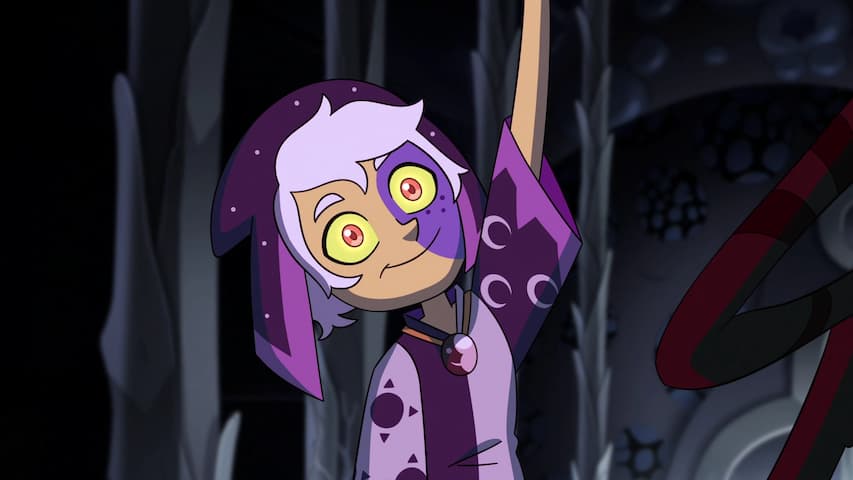
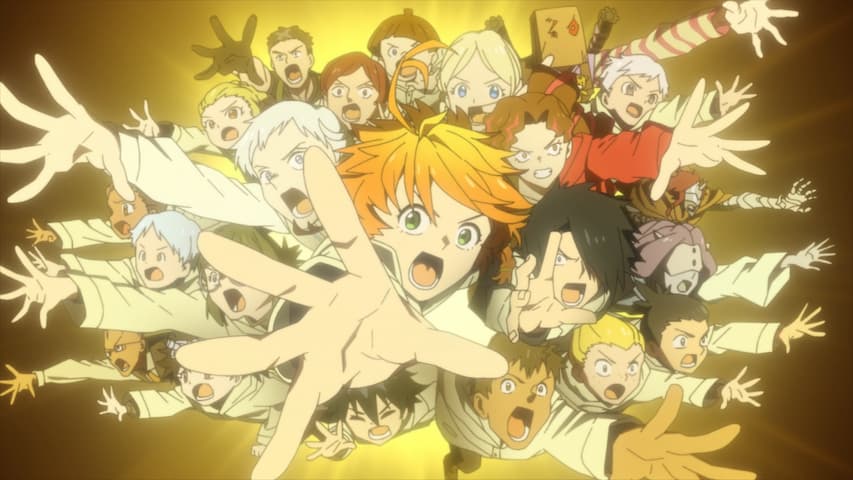
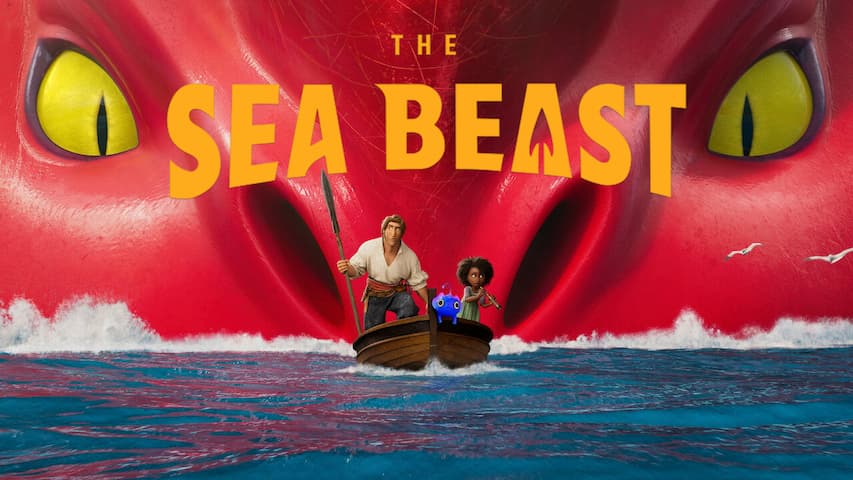




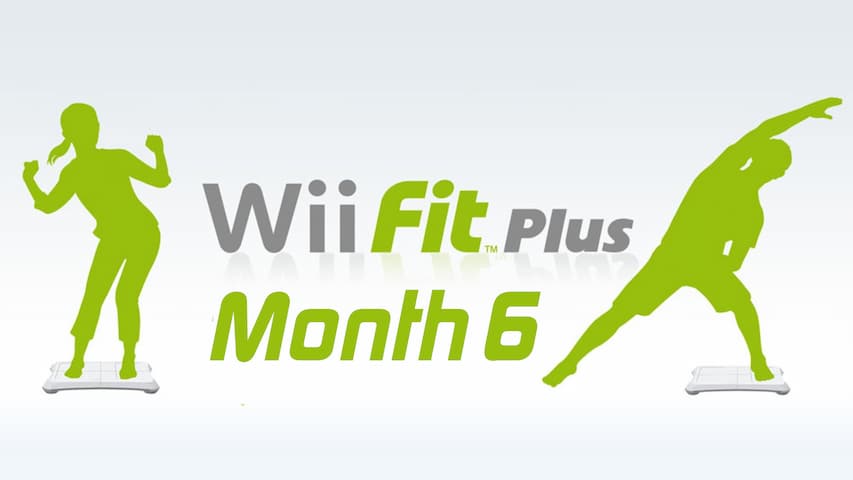


Recent Posts
2583 Words | February 8, 2026
2716 Words | December 28, 2025
3211 Words | December 12, 2025
1515 Words | October 30, 2025
7804 Words | October 3, 2025
